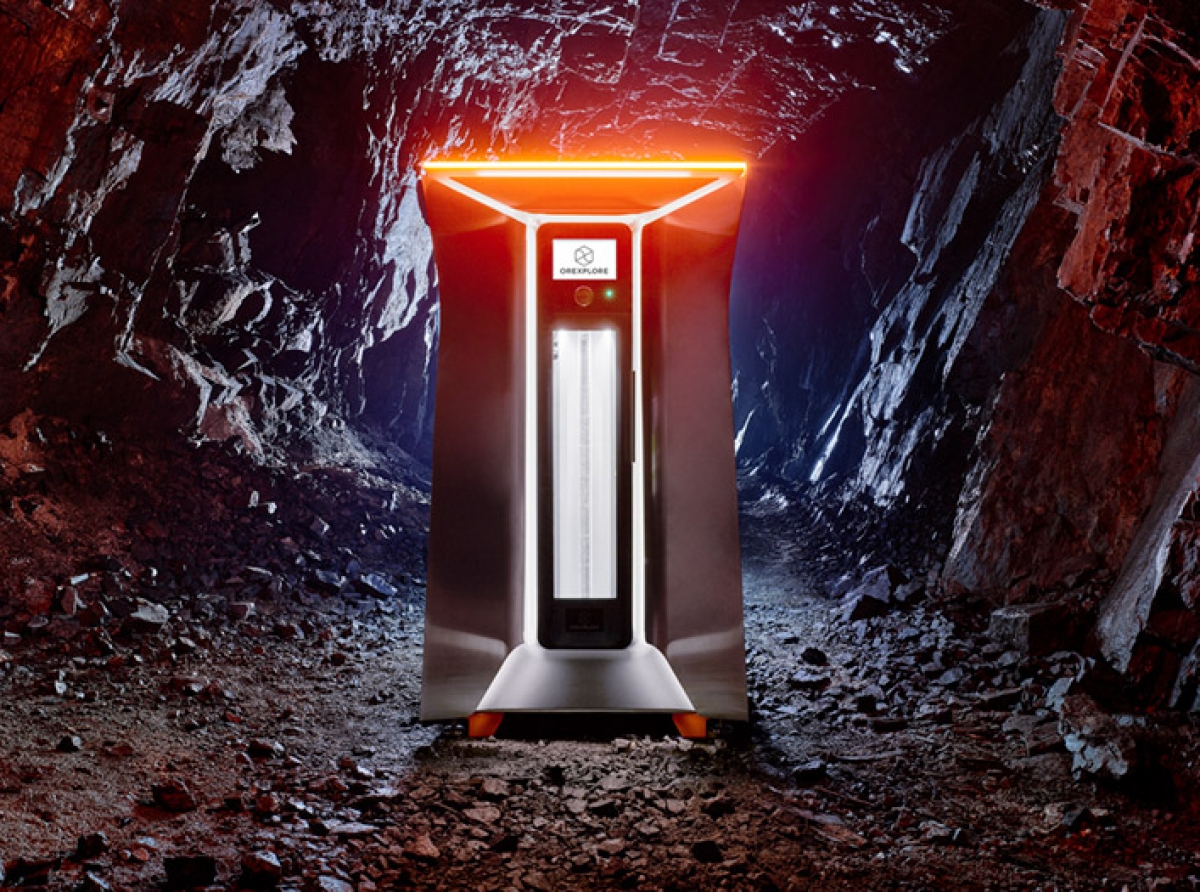Ippokratous 2, 10679 Athens, Greece
+30 210 3610265 +30 210 3622205
+30 210 3610276

The EU-funded X-MINE project’s solutions will enable mining companies to make better use of deposits of metals such as copper and gold, thereby helping to address Europe’s resource needs with less waste and lower environmental impact. The technologies are currently being tested at pilot sites in Sweden and Greece, with further trials planned in Bulgaria and Cyprus.
‘EU countries account for around 20 % of the global consumption of metals and minerals but produce only around 3 % of total supply. The X-MINE project’s sensing and 3D modelling technologies will help address this supply-and-demand gap by enabling more efficient ore exploration and extraction,’ says project coordinator Janne Paaso at VTT Technical Research Centre of Finland. ‘This will lead to improved extraction of existing mineral deposits, support the discovery of new deposits and make the mining of lower volume, lower grade and complex deposits economically feasible.’
Building on cutting-edge innovations in X-ray analysis and 3D imaging technology that already have important applications in the healthcare field, the X-MINE team has developed a tool called X-Analyzer to scan and analyse rock samples. The tomographic technology enables a drill core sample to be analysed in less than 30 minutes at the drill site. This means geologists can peer deep inside the rock to quickly and accurately assess the structural setting and the geochemical and mineralogical composition of the ore, eliminating the need for samples to be transported off-site for analysis.
The system is being tested at mines extracting a variety of metals such as zinc, silver, lead, copper and gold. It can also detect metals such as indium, gallium, germanium, platinum group metals and rare-earth elements, which are in high demand from modern high-tech industries.
‘The first two drill core scanners have been operating at the Lovisagruvan mine in Sweden and at the Hellas Gold mine in Greece for over a year,’ Paaso says. ‘A lot of interesting measurements have been taken and research is ongoing about how these results can be exploited for the wider 3D geomodelling of mineral deposits.’
In the longer term, the new analysis methods developed in X-MINE could lead to a revolution in the exploration and characterisation of existing and new mineral deposits, enabling entire mining operations to be optimised based on improved insights into mineral grain size, distribution and other structural, geological, geochemical and mineralogical information. This would not only make mining more efficient but would reduce its environmental impact in various ways, for example by minimising waste through the more accurate selection of blasting and excavation sites, which in turn would lower energy use, transport costs and CO2 emissions.
Another pilot system being tested in the project, X-AnalySorters, uses X-ray and 3D imaging technology to automatically identify and sort ore with high accuracy. The first sorting prototype is being tested at Lovisagruvan, Sweden, with other trials due to be conducted at Hellas Gold mine in Greece, and at the Assarel-Medet JSC Mining and Processing Complex, an open pit copper mine in Bulgaria.
‘The first results are very promising: waste rock can be effectively separated from ore, resulting in substantial savings in transportation costs and CO2 emissions. We have also obtained the first positive results from turning old piles of waste rock into valuable ore,’ the project coordinator says.
Ultimately, by combining and deploying the two technologies at mining sites, X-MINE is aiming to achieve a 20 % reduction in transportation costs through more efficient ore and waste separation, a 7 % reduction in waste rock, and a 10 to 30 % reduction in energy consumption and CO2 emissions.
‘In addition to these environmental benefits, reduced emissions, energy use and waste can also contribute to better social acceptance of mining operations,’ Paaso says.
The X-MINE team is organising a series of industrial workshops throughout 2020 to highlight their work and achievements to date, ahead of plans by some of the project partners to begin marketing commercial products and services for the mining industry based on these technologies.
Project details
Source: European Commission

The European Organisation for Strategic Planning operates within the framework of the new reality, which demands collective study and treatment of modern issues, as much on a European as on an International level.
Ippokratous 2, 10679 Athens, Greece
+30 210 3610265 +30 210 3622205
+30 210 3610276